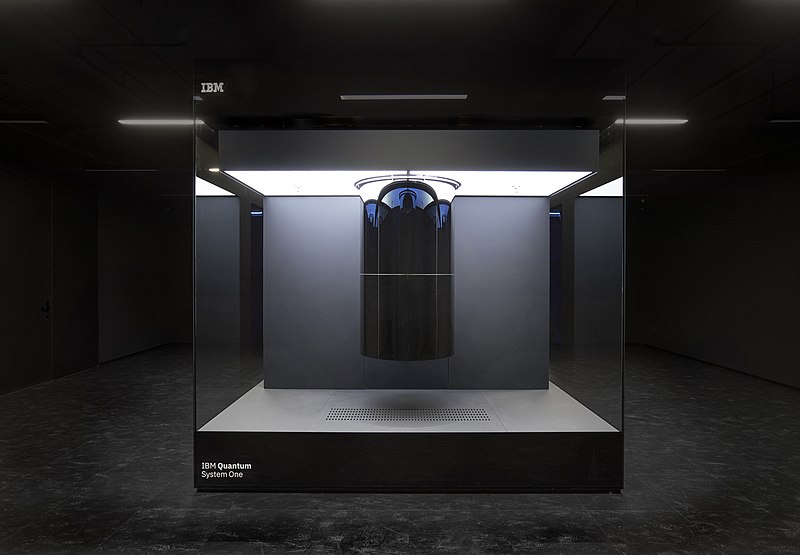LG Electronics, a multinational electronics company headquartered in South Korea joined hands with IBM Quantum. By partnering with IBM Quantum, LG Electronics seeks to take advantage of IBM’s expertise in the field of Quantum Computing. Being a part of the IBM Quantum Network will provide LG Electronics access to IBM Quantum Computing Systems, IBM’s expertise, and Qiskit- an open source Software Development Kit(SDK) by IBM for developing Quantum Algorithms. Learn Quantum Computing with Qiskit

LG Electronics aims to explore the applications of Quantum Computing for a variety of industrial applications such as Big Data, Artificial Intelligence, Connected Cars, Digital Transformation, Internet of Things(IoT), and Robotics. LG Electronics will also provide workforce training to its employees permitting it to investigate how potential breakthroughs can be applied to its industry.
“Based on our open innovation strategy, we plan to use IBM Quantum to develop our competency in quantum computing. We aim to provide customers with value that they have not experienced so far by leveraging quantum computing technology in future businesses.”
Byoung-Hoon Kim, CTO and Executive Vice President of LG Electronics
The fundamental unit of a classical computer is bit- which can either be in 0(off) or 1(on state). However, the fundamental unit of a Quantum Computer- a Qubit can either be in a 0 or 1 state, or it can also be in both states at once- something known as superposition. It isn’t the only fashion in which a Quantum Computer is different from a classical computer. Quantum Computing makes use of the principles of Quantum Mechanics such as superposition and entanglement. By making use of these principles, Quantum Computers are able to solve some class of problems faster than a classical computer. One of these problems if factorising a large number- a problem which finds its use case in breaking the public key encryption(PKE) which is used widely in securing communication over the internet.
Quantum Computing has many other practical and promising use cases in a wide variety of fields including but in no way limited to finance, energy, chemistry, materials science, optimization and Machine Learning. IBM with its 170 clients, including LG Electronics, Fortune 500 companies, start-ups, academic institutions and research labs is working to advance quantum computing and explore practical applications in these fields.
“We’re happy to welcome LG Electronics to a growing quantum computing ecosystem in Korea at an exciting time for the region. The relationship between IBM and LG Electronics will permit LG to explore new types of problems associated with emerging technologies and will help strengthen the quantum capabilities in Korea.”
Jay Gambetta, IBM Fellow and VP, Quantum Computing at IBM
IBM has been a front-runner in the field of Quantum Computing. Recently, IBM became the first company to create a commercial 100+ Qubit Quantum Processor by launching Eagle Quantum Processor. Further, the company also aims to launch Osprey, a 433 Qubit Quantum Processor by this year and is seeking to break the 1000 Qubit Quantum Processor benchmark by launching its 1121 Qubit Quantum Processor Condor by 2024. IBM also launched the first ever professional certification in the field of Quantum Computing- IBM Certified Associate Developer – Quantum Computation using Qiskit v0.2X.
Source: IBM
Read More
IBM Quantum announces Eagle Quantum Processor, breaks 100 Qubit Barrier
Getting Started with Quantum Computing? Check out these Resources!
IBM Quantum announces Fourth Annual Quantum Award!